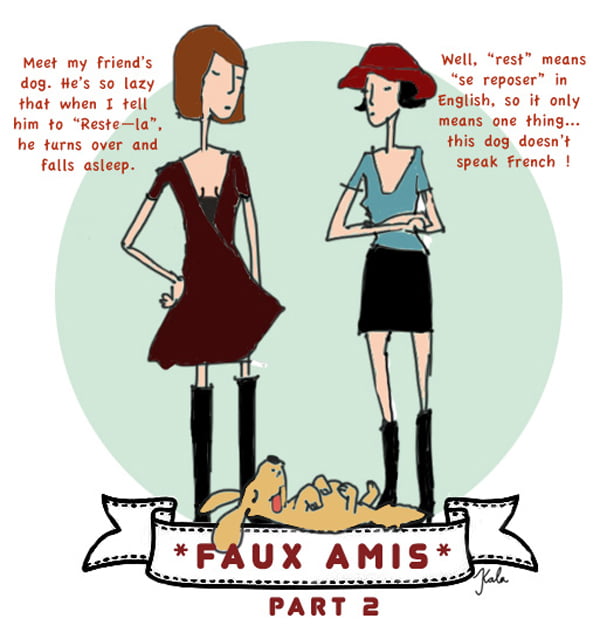Unlocking French language: simple advice for avoiding faux amis – Part Two
How good is your French? I do not in fact advocate fluency where fluency is not going to happen, and I always insist people try to not worry about it too much. As long as you get your message across, it really doesn’t matter so very much.
There are, however, a few pitfalls and many a person has found themselves in a difficult situation because of a misunderstanding.
Apparently there was an incident in World War II when a French commander told a British commander “nous controlons la situation” which, to the British ear, meant that they had control of the situation. But it meant “we are checking out the situation”. It resulted in a disaster that cost lives.
The French call these “les faux amis” – false friends. We just call them misunderstandings. So, exceptions to the rule, accents and situational differences notwithstanding, here are a few:
Contrôle vs Control
The English word control is maîtriser in French. The French word contrôle means a test or verification.
Prune vs Prune
A prune in English becomes a pruneau in French, whereas the French word une prune is a plum.
Retirer vs Retire
The English word retire in French is prendre sa retraite. The French word retirer means to remove.
Rester vs Rest
To rest in English becomes se reposer in French, but the French word rester is to stay or remain.
Sympathique vs Sympathetic
Sympathetic in English translates into compatissant. The French word sympathique mean nice.
Stay tuned for more faux-amis!
Illustration by Kala Barba-Court






